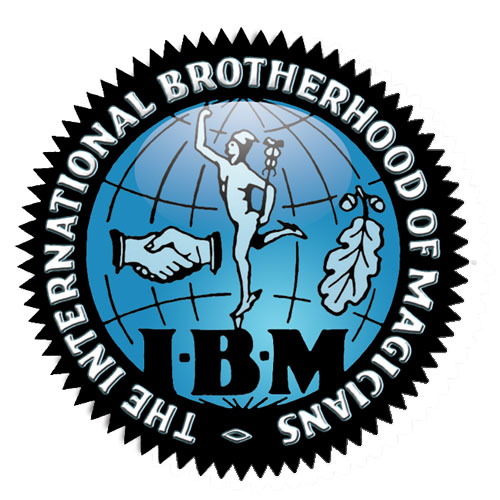On Magic Ethics
- Aug 18
- 1 min read
Magic thrives on creativity, secrecy, and respect for originality. While magicians often
draw from shared techniques like levitations, transformations, appearances, and
disappearances, ethical performers infuse these elements with personal style and tone
to create something uniquely their own.
Magician and writer John Lovick wisely asked, “Why be a second-rate Mac King when
you could be a first-rate you?” That sentiment lies at the core of magic ethics. When
others imitate your take on a published effect, and not by reading the original but by
mimicking aspects of your performance, they diminish your creative contribution. Over
time, your version becomes diluted, even unrecognizable.
There’s an unspoken rule among magicians: don’t perform someone else’s signature
routine, especially in the same venue. And please don’t mistake it as a tribute. It’s
identity theft. Take Mike Caveney’s coffee-juggling act at the Magic Castle. Though the
routine is published and technically fair game, performing it there and intentionally or
unintentionally infusing some of his personal inflections, where it’s inextricably linked to
him, crosses an ethical line.
Some justify this behavior by pointing to the routine’s printed origins, as if that excuses
copying someone’s unique interpretation. It doesn’t. In the magic community, respect is
enforced not through lawsuits, but through quiet disapproval.
Magic isn’t just about secrets; it’s about the time, thought, and individuality invested in
them. Without ethical boundaries, magic risks becoming one big bland imitation of itself;
a recycled PowerPoint deck instead of the powerful, personal art form it’s meant to be.
Originality matters. Because when you copy someone’s trick, you’re not just stealing
their method or style. You’re erasing their story.




